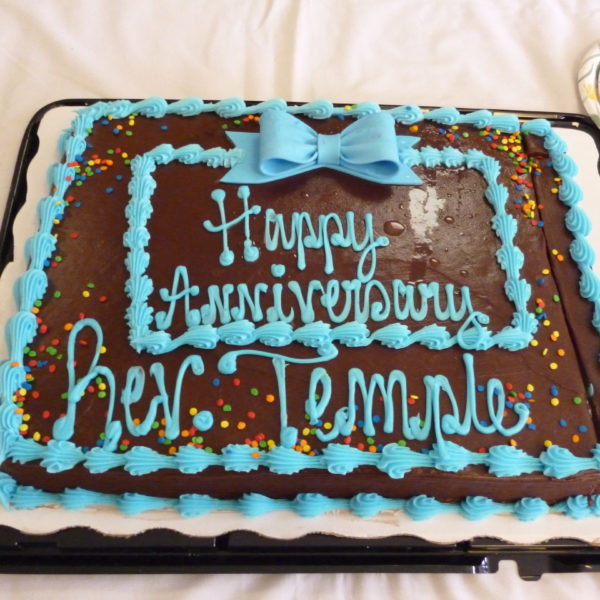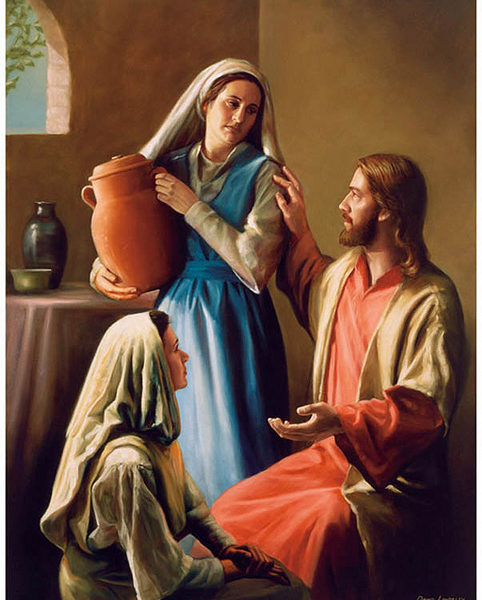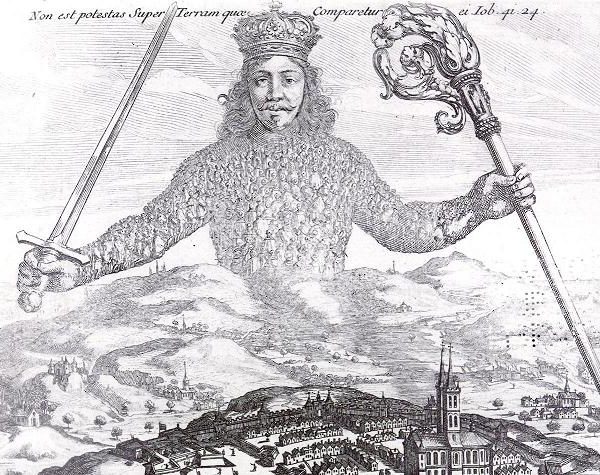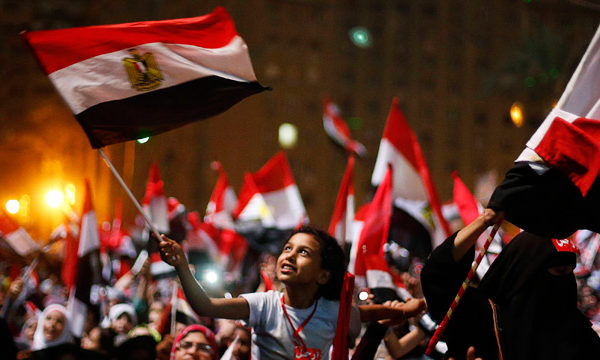
I join this conversation as a student of comparative politics, writing a project that explores how islamiyun, often dubbed Islamists, imagine and enact democracy. Specifically, I use insights derived from ordinary language philosophy to apprehend insights from interviews and focus groups with over 100 interlocutors, gleaned in nearly two years of fieldwork in Morocco (2009-2011), to understand what democracy means to Moroccan islamiyun. I find that there are two broad usages of dimuqratiyyah [democracy] in the language and practices of Moroccan islamiyun.
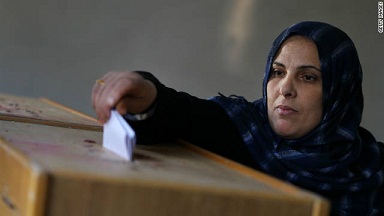
I want to argue here that the term “political Islam” is in many ways a misnomer, because the Islamism that is meant to instantiate it has been unable to appropriate politics as a way of dealing with antagonism either institutionally or even in the realm of thought. Looking in particular at the form Islamism took with one of its founding figures, the twentieth century writer, and founder of the Jamaat-e Islami in both India and Pakistan, Sayyid Abul a’la Maududi.

I join this conversation as a political theorist having just published a book, Beyond Church and State: Democracy, Secularism, and Conversion (Cambridge 2013), in which I argue that the modern secular imaginary is premised upon an insufficient image of secularism as the separation of church and state, and that secularism should instead be understood as a process of conversion that reshapes key dimensions of both religious and political life
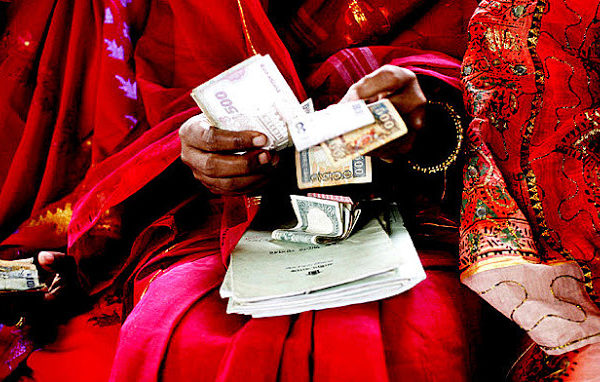
Although Meghan Clark and Joseph Tetlow, S.J. have raised some important criticisms of Stacie Beck’s contention that the “social justice agenda” of many Catholics ignores certain basic truths of capitalist economics, they downplay the extent to which the provision of certain basic human rights is dependent on the creation of wealth. The Catholic philosopher Jacques Maritain provides guidance on how to maintain both the grounding of human rights in universal human dignity and the contingency of concrete rights, a balance necessary in the current age of austerity.
Personally, I’m glad that Hosea is in the lectionary, though there is not much in it that we will “like.” As it is with spinach and colonoscopies, we can nonetheless grasp the value of things which otherwise might leave us cold.

In what follows, my aim is to argue – the stronger version of the thesis of postsecularity, concomitant to any discussion of political theology[ii] – that there is no strict separation between religion/theology/church/mosque and politics/secular/state/nation by way of deliberating on the possibility of an immanent Islamic critique. This thesis of postsecularity does not assert that we have varying amounts of religion mixed in with different amounts of politics,[iii] for that still conceives religion and politics as two separate concepts. Rather, it asserts that the categories of “religion” and “politics,” supposedly marking two distinct and oppositionally defined concepts, are incoherent to begin with, and should be dispensed[iv] with altogether.[v]
